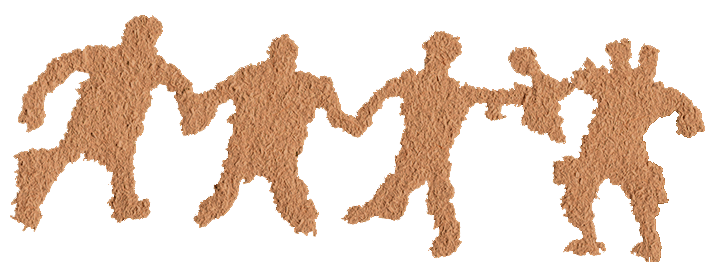| apalke |
s/he is back from digging |
| aponesse |
s/he is back from having dug clams |
| kakawalke |
s/he digs quickly |
| kehsalke |
s/he digs so much |
| 'ketalkatomon |
s/he digs it out |
| kisalkatasu |
(hole) it has been dug or excavated |
| kisalokihike |
s/he dug, drilled or punched hole; s/he can dig, drill or punch hole |
| lalke |
s/he digs thus |
| lalokihike |
s/he digs or drills or punches holes |
| maciyalokahal |
s/he starts digging, drilling, or punching holes in h/ |
| maciyalokahmon |
s/he starts digging, drilling, or punching holes in it |
| maciyalokihike |
s/he starts digging, drilling, or punching holes |
| mehtalke |
s/he finishes digging, has finished digging |
| monesse |
s/he digs clams |
| monkehtun |
s/he digs it out with its roots, uproots it |
| monkehtuwan |
s/he uproots something belonging to h/ |
| motehkehtihike |
(archaic; gravedigger) s/he is heard striking the ground (with pickax or shovel) |
| mulayahkalal |
s/he digs deep hole in h/, digs deep hole for h/ |
| mulayahkatomon |
s/he digs deep hole in it, digs deep hole for it |
| mulayalkasu |
it is dug deep, is dredged |
| mulayalkatomon |
s/he digs deep hole in it, digs deep hole for it |
| mulayalkatomuwewan |
s/he digs deep hole in it for h/, digs deep hole for it for h/ |
| mulayalke |
s/he digs deep hole |
| muskahkehtun |
s/he tears it out of the ground |
| muskalihikhomon |
s/he digs it out of the snow |
